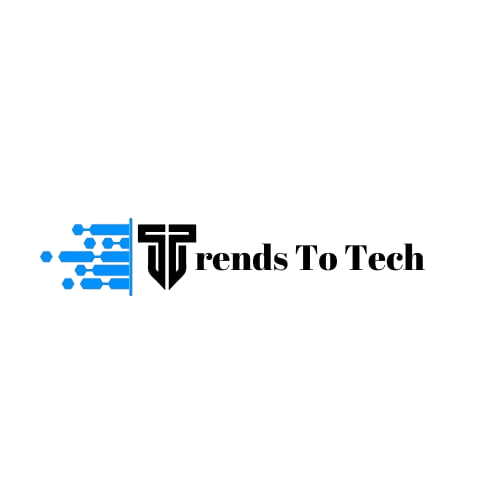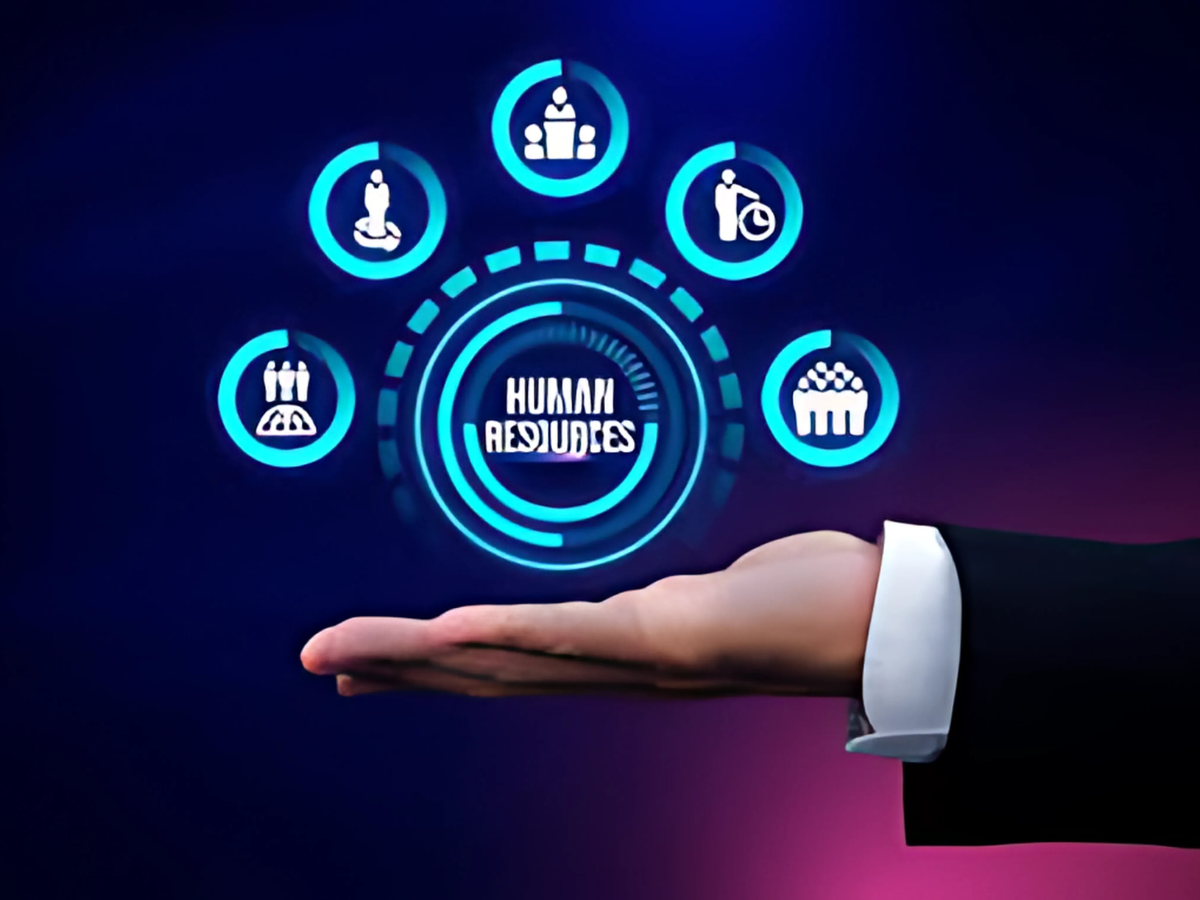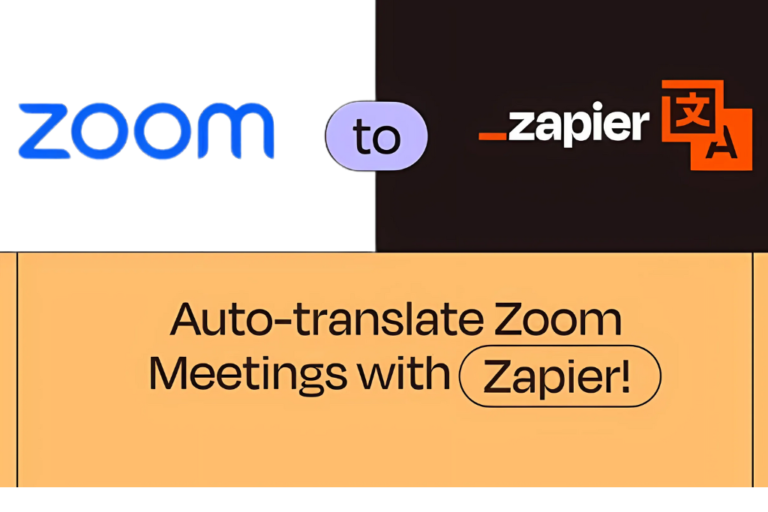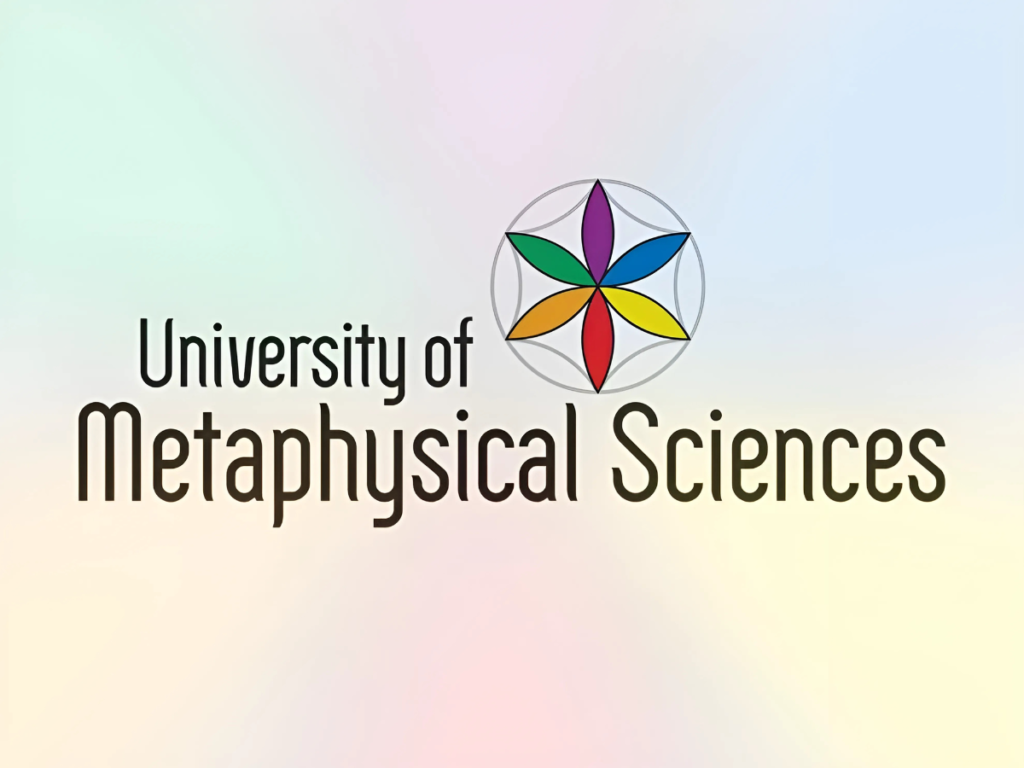Introduction
Cutting across management and the employee ranks, the ever-evolving face of human resources reflects the HR Generalist. In this growing and dynamic business environment, with continuing changes, the increasing importance of the HR Generalist may sustain an organizational performance.
An HR Generalist is said to be a multifaceted human resources professional with the responsibility for several broad functions of an organization. Unlike the HR specialist, who is known to have specialization in particular areas, such as recruitment or training, the HR Generalist is understood across most of the disciplines that relate to human resources. This gives him/her the ability to handle things presented to him/her, making them that indispensable asset in managing an organization’s workforce.
Core Responsibilities of an HR Generalist
Recruitment and Human Resource
An HR Generalist conducts the entire recruitment process to provide a suitable candidate to the organization. Basic functions include drafting job descriptions, posting advertisements, screening candidates, conducting interviews and carrying out selection processes. They perform these functions in liaison with various department’s managers to ensure the proper recruitment and retention of talent in the organization.
Employee Induction
Once a candidate accepts an offer, HR Generalists are responsible for the onboarding processes. This step includes preparing orientation materials, leading training sessions, and generally ensuring that new hires get all the necessary information about the company policies and culture. An established onboarding process helps new employees understand their roles and feel like part of the company team.
Employee Relations
HR Generalist is crucial in maintaining employee relations positively. The role of an HR Generalist can act as a mediator between management and employees. His concern and effort in solving the conflict and problem may mitigate any issues in the relationship between management and the employees. Promoting good communication, creating a supportive environment, and so forth allows the HR Generalists to promote higher employee satisfaction and morale.
Performance Management
Human Resource Generalists engage in the performance management cycle that involves goal setting and the design of performance appraisals and provide performance-related feedback to employees. Human Resource Generalists collaborate with managers so that workers receive all support and resources they should.
Benefits and Compensation Administration
A very important task that is handled by HR Generalists is administration of employees’ benefits and remuneration. They inform the employees about their benefit packages, which include health insurance, retirement plans, and paid time off. In addition, HR Generalists review compensation data so that the organization can be in competition in the job market.
Compliance and Policy Development
This would include keeping the organization up to date on labor laws and regulations for which HR Generalists ensure that they are aware of changes in legislation. These officers collaborate with others in the development of policies and procedures to provide compensation and benefits for the mitigation or avoidance of risks, which could involve drafting an employee handbook, providing workplace policy training, or ensuring that one has standards for health and safety at work.
Training and Development
Another very important role of the HR Generalist involves identifying the training needs and, accordingly, providing professional development opportunities. They may engage in arranging workshops, seminars, and online courses to improve the competencies and skills of employees. The investment in employee development will not only benefit each employee but also enhance the performance of an organization.
Key Skills for HR Generalists
To succeed in these multiple directions, an HR Generalist should acquire a wide range of skills.
Communication Skills
Effective Communication is quite integral to HR Generalists, as they communicate with all levels of employees in an organization. They are required to express information clearly and persuasively, be it through written documents, presentation, or conversation.
Interpersonal Skills
Developing positive relationships with employees is necessary for HR Generalists. Showing empathy and being approachable and a good conflict resolver helps HR generalists to develop a favorable working environment and also try to resolve employee concerns effectively.
Organizational Skills
HR Generalists have to be very organized due to the various responsibilities they undertake. They are required to multitask, prioritize workloads, and meet deadlines.
Analytical Skills
HR Generalists should be able to analyze the employee data for trends. This can enable them to make proper decisions and lead strategic initiatives that involve HR.
Knowledge of Employment Law
Knowledge of Labor Laws and Regulations. An HR Generalist should be highly conversant with labor laws and regulations. They must keep an eye on new legislation changes to avoid legal risks through compliance.
Adaptability of HR Generalists
The landscape of HR is dynamic, and the HR generalist must be in a position to adapt new ideas, technologies, and practices that may introduce positive changes for improving processes of an HR function or employee experiences.
Role of HR Generalists in Organizations
Human Resources Generalists do their best work in shaping the organizational culture and orienting themselves towards the satisfaction of employees. Here are some reasons why organizations need HR Generalists:
Talent Acquisition and Retention
Efficient Recruitment and Onboarding HR Generalists ensure that organizations have efficient recruitment and onboarding processes that guarantee attracting and retaining the cream of employees. Their participation in initiatives that foster employee engagement creates an excellent working environment-a key factor that improves retention.
Supporting Employee Engagement
HR Generalists encourage employee engagement by coming up with different programs and activities that run through the organization. By making themselves available for listening to the concerns of the employee and handling them promptly, HR Generalists create a culture of engagement in the organization that leads to greater productivity and morale in the workplace.
Compliance and Risk Management
With their experience with employment law and regulation, HR Generalists help the organization to navigate the legal complexities. By developing policies and procedures in line with the labor laws, they avoid considerable legal risks as well as harm the reputation of the organization.
Assisting with Organizational Change
HR Generalist plays very much important roles in managing the change transition during organizational changes. It helps communicate the change to employees, concerns, and support systems toward them in uncertain times so that the workforce can always be engaged and focused.
Career Path and Opportunities
A degree in human resources or business administration often signifies entry into the journey of an HR Generalist. Most HR professionals enter at the entry-level position, such as HR assistants or coordinators, before graduating to becoming a generalist. Exposed experience in different fields of HR, for example, recruitment, employee relations, and training will expose one to equipping knowledge that can succeed at this level as an HR Generalist.
This may also include professional certifications such as Professional in Human Resources or Society for Human Resource Management Certified Professional. This also demonstrates one’s proficiency in the field, which boosts their career opportunities.
Conclusion
The HR Generalist has come to be that ‘bridge’ between management and employees in the modern organization. Multifaceted functions such as recruitment, employee relations, compliance, and training under one roof make an HR Generalist extremely critical to fostering a pleasant workplace culture. HR Generalists play an incredibly significant role in the organizational success by facilitating talent acquisition, employee engagement, and subsequently, compliance. As the business environment continues to evolve, the need for HR Generalists who have the skills to deliver in such unpredictable environments will only increase, thereby making it a fulfilling career path for those with the passion for others and organizational success.














